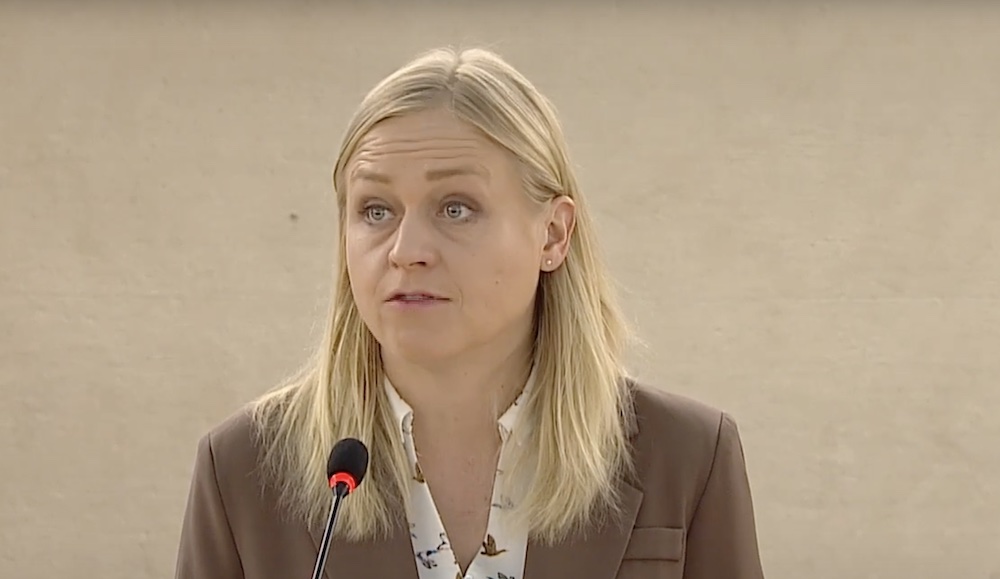The measure will take effect at midnight, Foreign Minister Elina Valtonen said on Friday.
Five European Union member states bordering Russia – Poland, Finland, Estonia, Latvia and Lithuania – have taken drastic measures by banning the import of vehicles with Russian license plates. This action, which further tightens already existing EU sanctions against Russia for its aggression in Ukraine, has led to a significant development in the enforcement of border controls within these countries.
Finland, which shares a vast border with Russia, recently issued an official warning saying vehicles with Russian license plates must leave the country by March 15. Finnish Customs emphasized in a press release that this requirement is in line with both EU sanctions against Russia and a policy announced by the Finnish Ministry of Foreign Affairs last September. This policy provided a six-month transition period for Russian-registered cars to leave the European Union.
As of March 16, individuals driving vehicles with Russian-issued license plates are required to provide proof of their authorization to legally operate these vehicles in Finland if stopped by law enforcement. Vehicles that do not meet specific exemptions will be seized and removed from the European Union. In addition, owners of these vehicles will be responsible for paying customs duties and all applicable taxes.

Finnish Customs has clarified that only full-time students and individuals with valid fixed-term employment contracts are allowed to temporarily keep their vehicles in Finland. These cars must have been legally brought into the country before the import ban was introduced. An exception has also been made for vehicles subject to the EU sanctions regime, in particular for cars owned by European Union citizens permanently resident in Russia.
In light of these developments, the border between the Nordic state and Russia will remain closed until April 14, 2024, making it currently impossible to depart via that route. Authorities will not provide specific instructions on how to exit with vehicles, leaving the onus on car owners to make their own decisions.
These measures, which the EU considers an import ban that has been in place since 2022 under its sanctions regime, reflect the European Union's ongoing efforts to maintain pressure on Russia in response to its unauthorized military actions in Ukraine. Finnish customs have not disclosed how many Russian-registered vehicles are currently in the country, highlighting the complexity and potentially sensitive nature of this issue.




